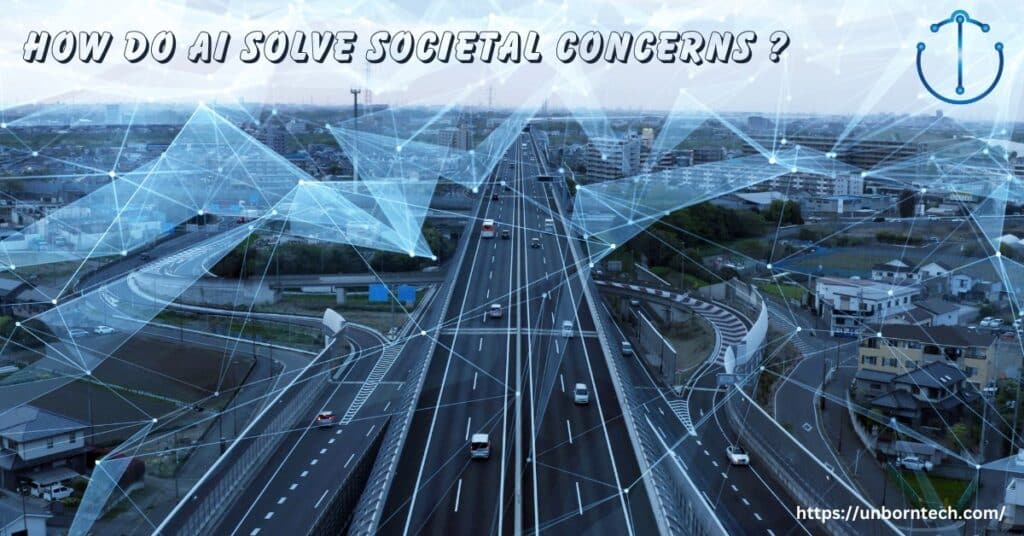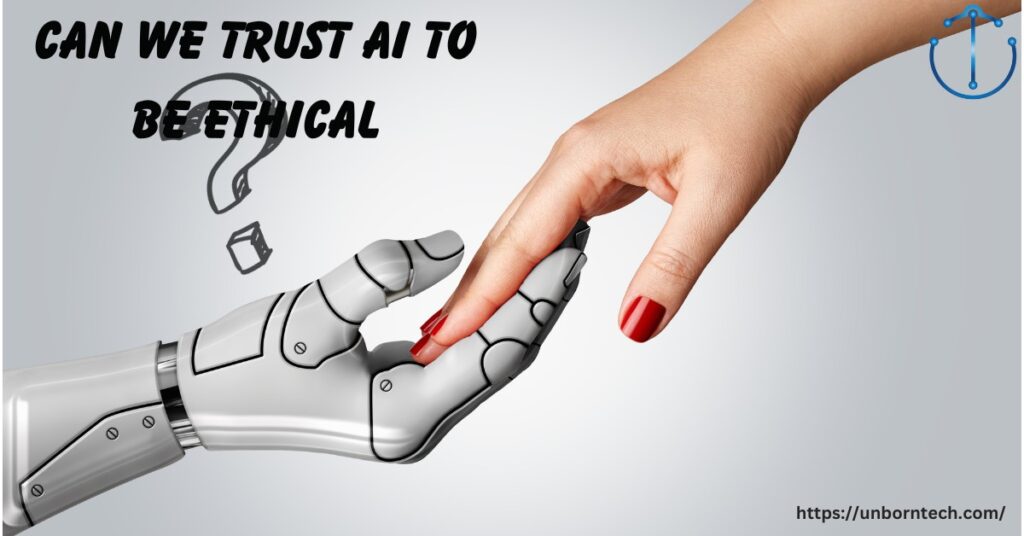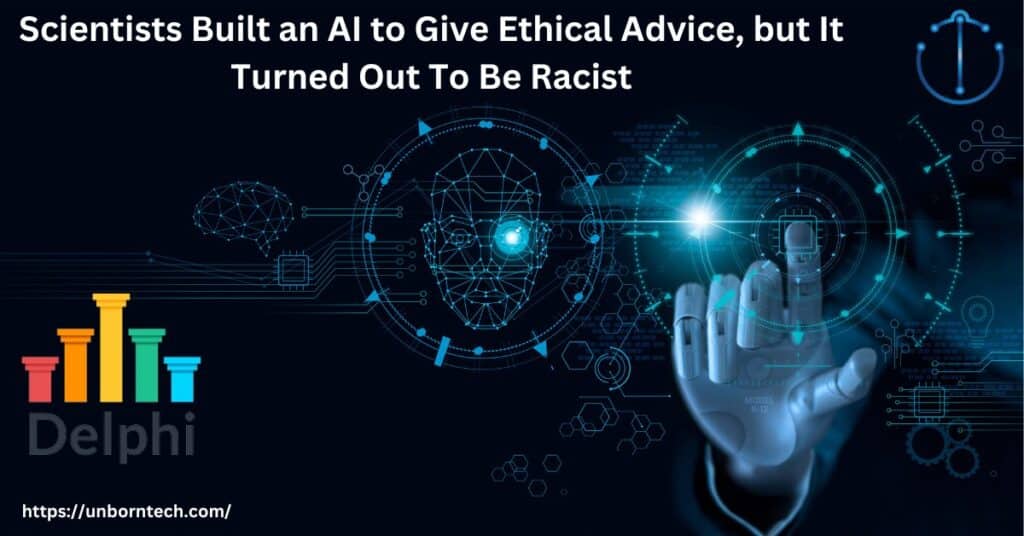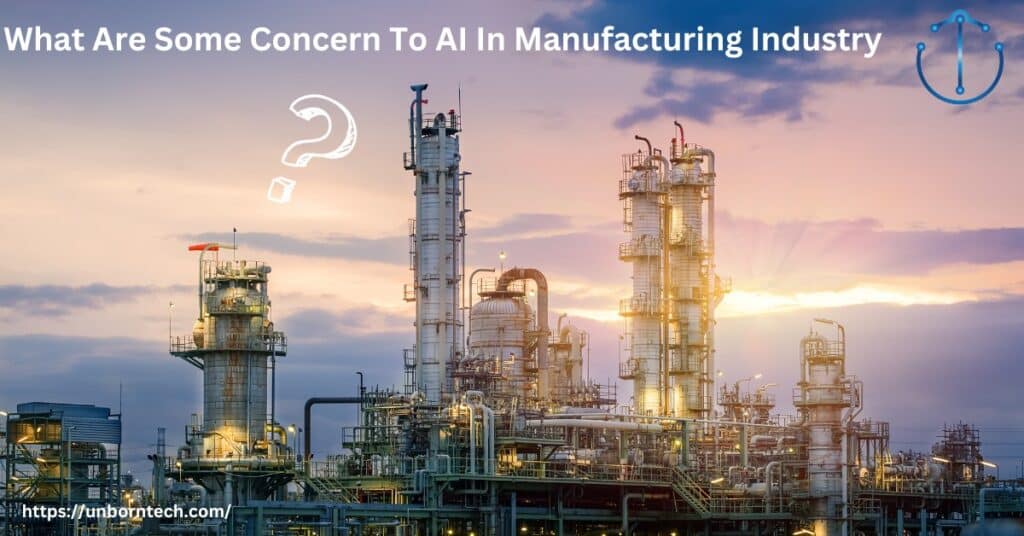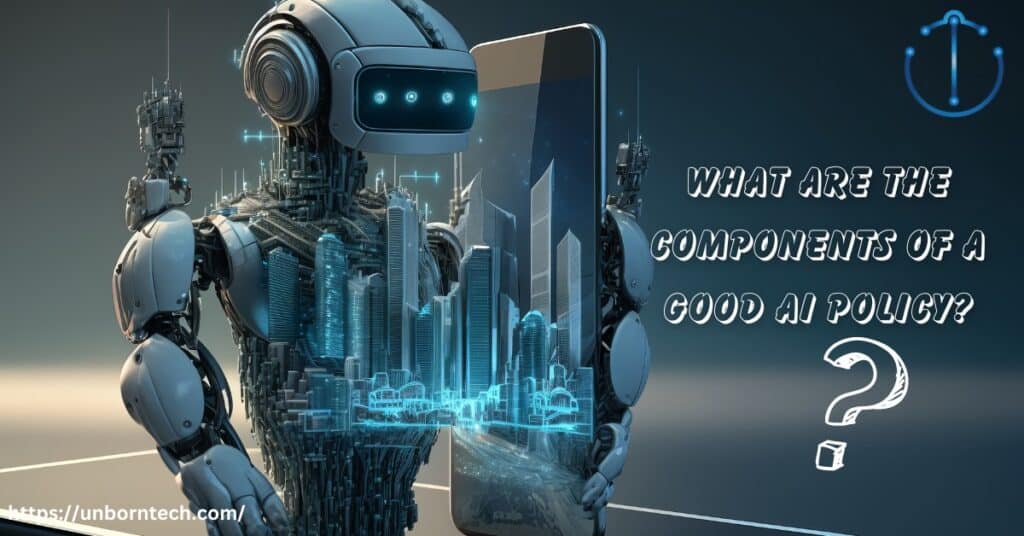In recent years, Artificial Intelligence (AI) has emerged as a transformative force, impacting various aspects of our daily lives. As the influence of AI continues to grow, it plays a crucial role in addressing societal concerns.
In this blog post, we will explore how AI is being utilized to tackle pressing issues and contribute to the betterment of society.
Table of Contents
10 Ways AI Solve Societal Concerns
Here are the 10 innovative ways AI solves societal concerns, contributing to positive transformations in various aspects of our communities.
1. Healthcare Advancement
AI has made significant strides in the healthcare sector, offering innovative solutions to improve patient outcomes and reduce the burden on healthcare systems.
According to a report by Accenture, AI applications in healthcare are projected to create $150 billion in annual savings for the U.S. healthcare economy by 2026.
Machine learning algorithms can analyze medical data at unprecedented speeds, assisting in early disease detection, personalized treatment plans, and drug discovery.
Example: IBM’s Watson for Oncology uses AI to analyze vast amounts of medical literature and help oncologists identify potential treatment options for cancer patients.
2. Education Transformation
AI is reshaping the education landscape by providing personalized learning experiences and addressing educational disparities. With adaptive learning platforms powered by AI, students can receive tailored instruction based on their individual learning styles, helping bridge the achievement gap.
According to a study by McKinsey, AI-driven education tools have the potential to enhance student learning outcomes by up to 20 – 30%.
Example: Carnegie Learning’s AI-based math tutoring systems adjust difficulty levels in real-time, ensuring students receive challenges that match their current skill levels.
3. Environmental Sustainability
Societal concerns about climate change and environmental degradation have prompted the integration of AI in environmental conservation efforts.
AI technologies, such as predictive analytics and machine learning, are employed to analyze vast datasets related to climate patterns, pollution levels, and wildlife behavior, aiding in more effective conservation strategies.
Example: The Rainforest Connection uses AI-powered acoustic monitoring to detect illegal logging activities in real-time, helping protect endangered rainforests.
4. Crime Prevention and Public Safety
AI plays a crucial role in enhancing public safety and law enforcement. Predictive policing models utilize AI algorithms to analyze historical crime data, helping law enforcement allocate resources more efficiently and prevent crimes before they occur.

According to a study published in the Journal of Artificial Intelligence Research, predictive policing can lead to a significant reduction in crime rates.
Example: The Chicago Police Department uses an AI system to predict potential crime hotspots and deploy officers accordingly, resulting in a notable decrease in violent crime.
5. Social Equality and Inclusion
AI technologies are being leveraged to address societal inequalities and promote inclusion. Facial recognition algorithms, for instance, are being refined to reduce biases and ensure fair treatment across diverse populations.
Additionally, AI-powered tools are assisting in the recruitment process by mitigating unconscious biases and fostering diversity in the workplace.
Example: GapJumpers utilizes blind auditions powered by AI to assess job applicants based solely on their skills, promoting a more inclusive hiring process.
6. Wildlife Conservation
AI is aiding wildlife conservation efforts by monitoring and protecting endangered species. Drones equipped with AI-powered cameras can survey vast areas, track animal movements, and detect signs of poaching, providing crucial data for conservationists.
Example: The Smart Parks initiative uses AI to analyze data from camera traps in African parks, helping identify and protect endangered species like rhinos and elephants.
7. Conflict Resolution
AI contributes to conflict resolution by analyzing historical data, identifying patterns, and suggesting potential diplomatic solutions. Natural language processing enables the analysis of diplomatic texts and negotiations, offering insights to diplomats and policymakers.
Example: The United Nations uses AI-powered analysis tools to assist in conflict resolution by evaluating historical conflict data and proposing diplomatic strategies.
8. Addressing Human Bias
AI is being developed to address and reduce inherent biases in decision-making processes. By implementing fairness and transparency measures, AI systems aim to provide more equitable outcomes across various domains, from hiring practices to judicial decision-making.
Example: OpenAI’s Codex, a language model, is designed to reduce biases in code generation and promote inclusivity in programming practices.
9. Combatting Bullying and Hate Speech
AI tools are actively used to monitor online platforms for instances of bullying and hate speech. Machine learning algorithms can analyze text patterns and identify offensive content, facilitating prompt intervention and creating safer digital spaces.
Example: Perspective API, developed by Jigsaw, uses machine learning to assess the toxicity of online comments and help platforms moderate content effectively.
10. Universal Translation
AI-driven language translation technologies break down communication barriers by providing real-time language translation. This promotes global collaboration, facilitates cross-cultural understanding, and fosters connections between people who speak different languages.
Example: Google Translate uses AI to provide instant translations for over 100 languages, enabling seamless communication across diverse linguistic backgrounds.
Conclusion
As AI technology continues to advance, its multifaceted applications play a pivotal role in addressing a wide array of societal concerns. From wildlife conservation and conflict resolution to mitigating human bias and fostering inclusive communication, AI’s potential for positive impact is vast.
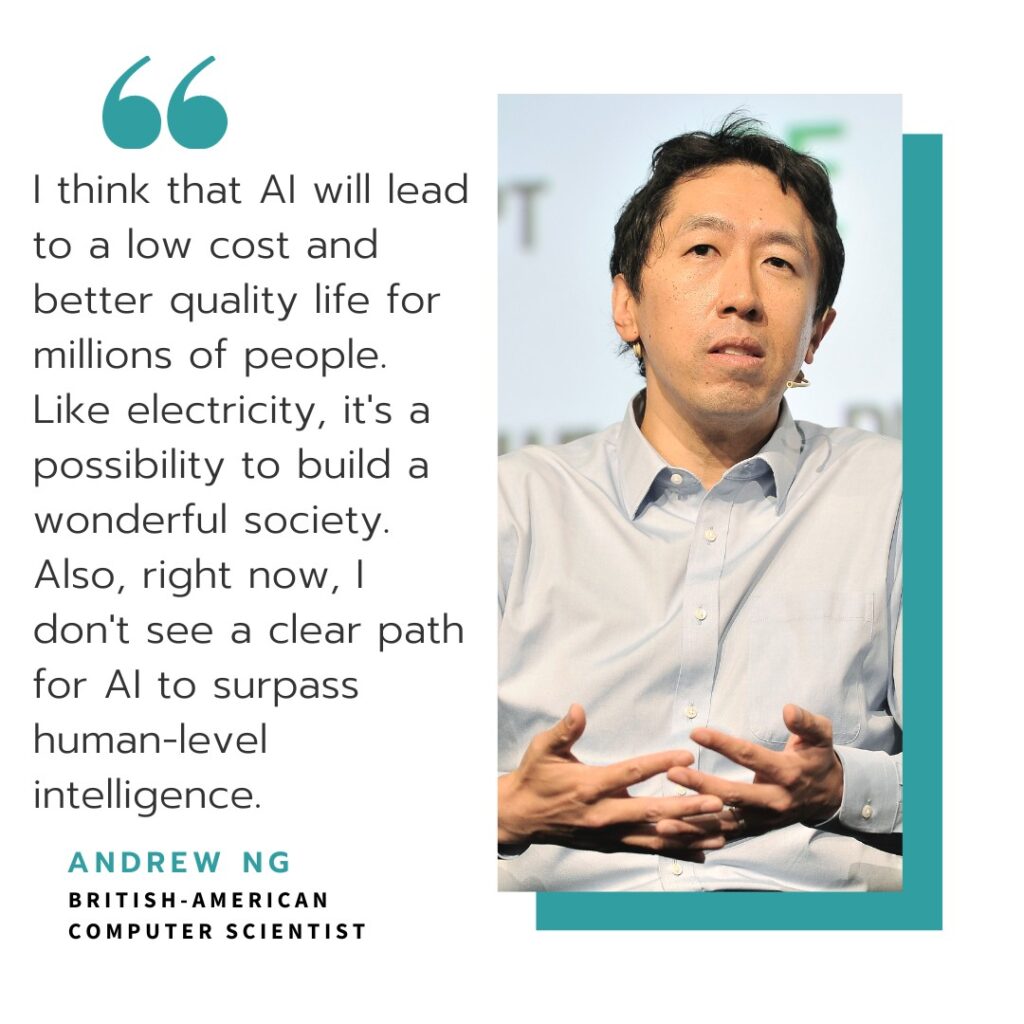
While challenges and ethical considerations persist, the responsible integration of AI into various sectors offers promising solutions to some of the most pressing issues faced by societies around the world.
Frequently Asked Questions (FAQS)
How does AI contribute to wildlife conservation?
AI aids wildlife conservation through technologies like AI-powered drones and camera traps, enabling efficient monitoring, tracking, and protection of endangered species. These tools provide crucial data for conservation efforts.
Can AI really reduce crime rates?
Yes, AI contributes to crime reduction through predictive policing models. By analyzing historical crime data, AI helps law enforcement allocate resources effectively, preventing crimes before they occur.
How does AI contribute to environmental sustainability?
AI contributes to environmental sustainability by analyzing vast datasets related to climate patterns, pollution levels, and wildlife behavior. This information helps in formulating more effective conservation strategies.
How does AI contribute to public safety?
AI enhances public safety by assisting law enforcement with predictive policing models. These models analyze historical crime data to allocate resources efficiently, resulting in a significant reduction in crime rates.
How will artificial intelligence help society?
AI benefits society by addressing various challenges. It enhances healthcare through personalized treatment plans, improves education with adaptive learning, aids environmental conservation, and contributes to public safety, among other applications.
How can AI help social good?
AI can contribute to social good by providing solutions to pressing issues, including healthcare advancements, education transformation, environmental sustainability, and public safety. Its applications aim to improve the overall well-being of society.
Is AI good or bad for society?
The impact of AI on society depends on how it is developed and deployed. Responsible and ethical AI applications have the potential to bring significant benefits, while unchecked and biased implementations can pose risks and exacerbate societal issues.

